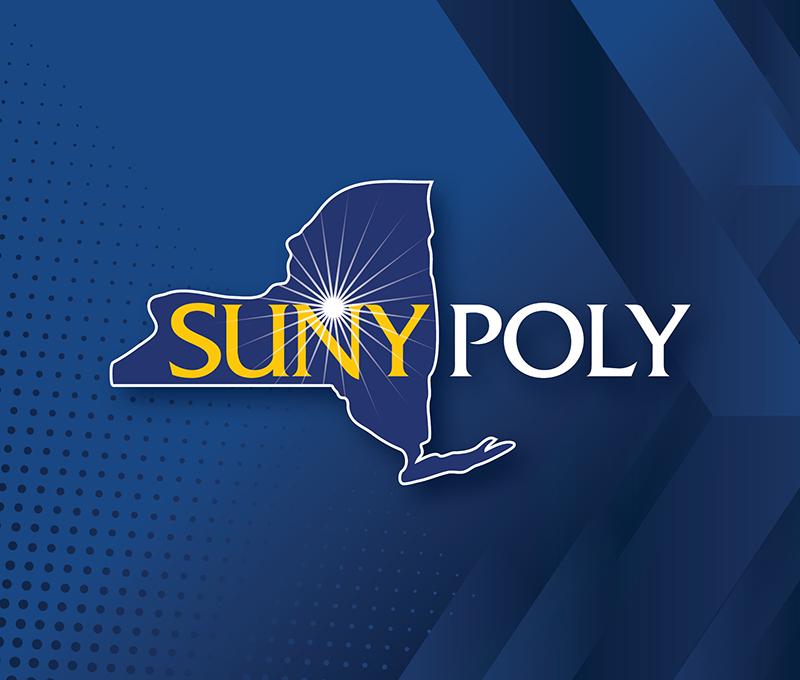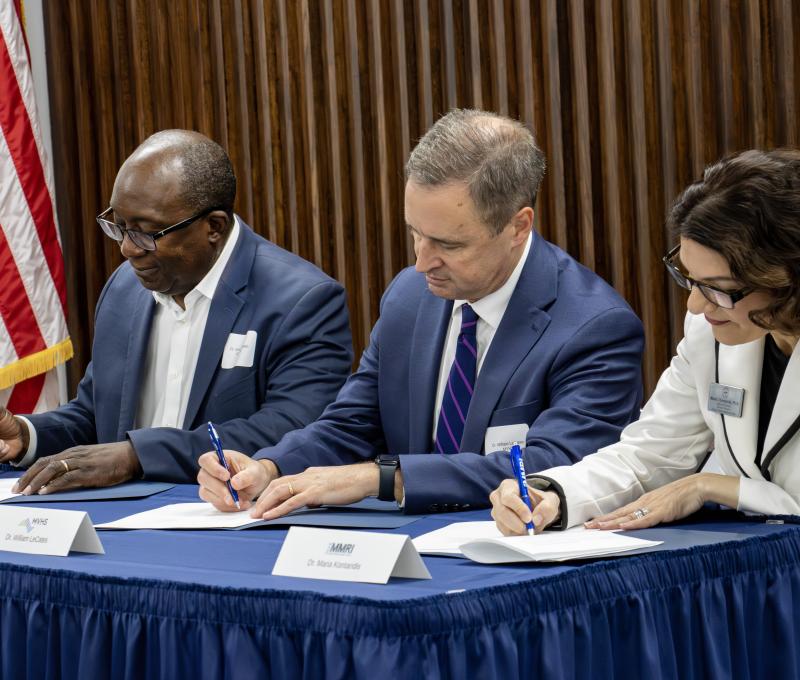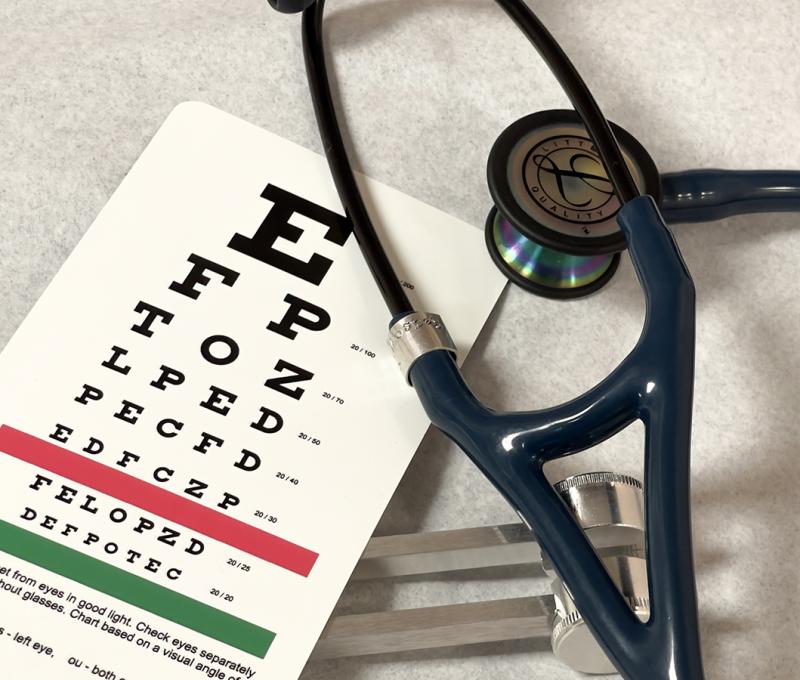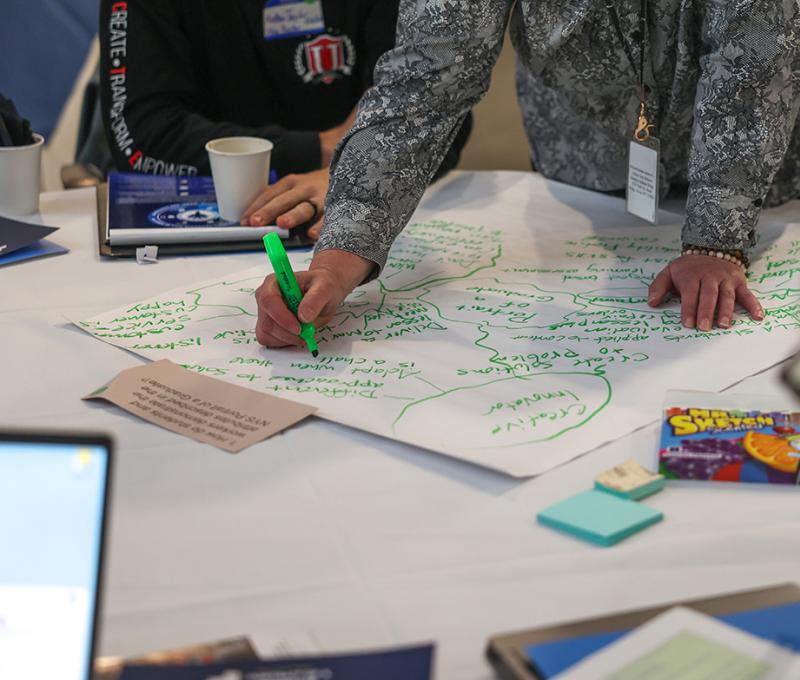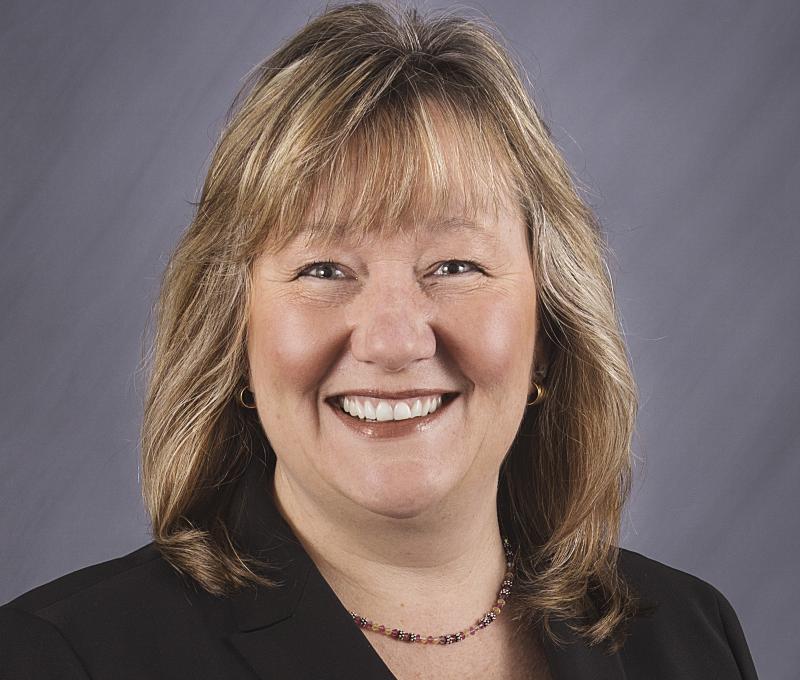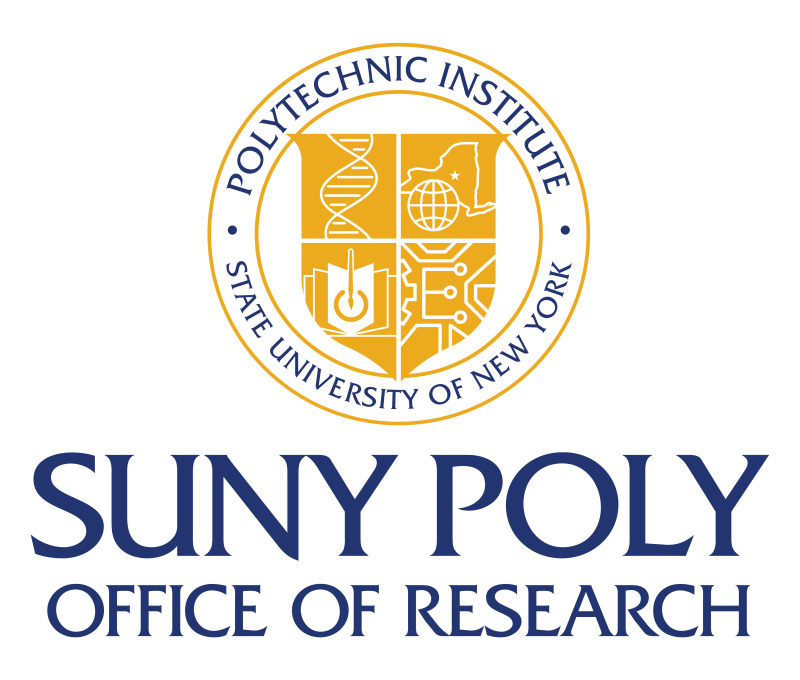SUNY Poly Faculty Work to Advance Quantum Computing as Part of Summer Faculty Research Program at Rome Air Force Laboratory Information Directorate

ROME, NY –Professors from SUNY Polytechnic Institute (SUNY Poly) this summer are exploring research topics, from quantum information and theory to blockchain-based information dissemination, as part of the Rome Air Force Research Laboratory (AFRL) Information Directorate’s Visiting Faculty Research Program (VFRP) and Summer Faculty Fellowship Program (SFFP).
Participating SUNY Poly faculty include Dr. Carlo Cafaro, lecturer in Applied Mathematics, Dr. Emilio Cobanera, Assistant Professor of Physics, Dr. Michael Reale, an Assistant Professor in the College of Engineering’s Computer Science Department, and Ali Tekeoglu, an Assistant Professor in the College of Engineering’s Network and Computer Security Department.
Dr. Cafaro’s research involving the quantification of speed and efficiency for quantum search algorithms comes just weeks after the AFRL awarded SUNY Poly $900K to help develop quantum computing which, according to recent news announced by Google and NASA, can be up to 100 million times faster than the speed at which an average computer chip operates today.
“Quantum computers can, in principle, solve scientific and engineering problems much faster than the computers we are using right now by taking advantage of the laws of physics that rule atoms and elementary particles,” said Dr. Cafaro. “However, the same laws of quantum physics that would make a quantum computer dramatically faster also make it very hard to build practical quantum memories.”
Along similar lines of research, Dr. Cobanera is working to find new materials that could yield practical, reliable quantum memories.
The VFRP and SFFP programs started May 6 and runs through the middle of August.
####################
About SUNY Polytechnic Institute (SUNY Poly)
SUNY Poly is New York’s globally recognized, high-tech educational ecosystem. SUNY Poly offers undergraduate and graduate degrees in the emerging disciplines of nanoscience and nanoengineering, as well as cutting-edge nanobioscience programs at its Albany campus, and undergraduate and graduate degrees in technology, including engineering, cybersecurity, computer science, and the engineering technologies; professional studies, including business, communication, and nursing; and arts and sciences, including natural sciences, mathematics, humanities, and social sciences at its Utica campus; thriving athletic, recreational, and cultural programs, events, and activities complement the campus experience. As the world’s most advanced, university-driven research enterprise, SUNY Poly boasts billions of dollars in high-tech investments and hundreds of corporate partners since its inception. For information visit www.sunypoly.edu.
About the Air Force Research Laboratory Information Institute:
The Information Institute is a virtual, collaborative research environment concentrating on Information Science and Technology. The Information Institute currently consists of universities allied with the US Air Force Research Laboratory Information Directorate in Rome, NY. The Information Directorate is focused on research and advanced development in Command, Control, Communications, Computers and Intelligence (C41) and Cyber Technology areas. Its diverse workforce of more than 800 military and civilian scientists and engineers are charged with leading the discovery, development, and integration of affordable warfighting information technology capabilities for our air, space and cyberspace force. Location within the Griffith Business and Technology Park affords the Institute strategic advantages in linking technologies to both potential commercial markets and US Air Force users. The Information Institute provides a unique opportunity to work with the US Air Force to turn science into applications.


